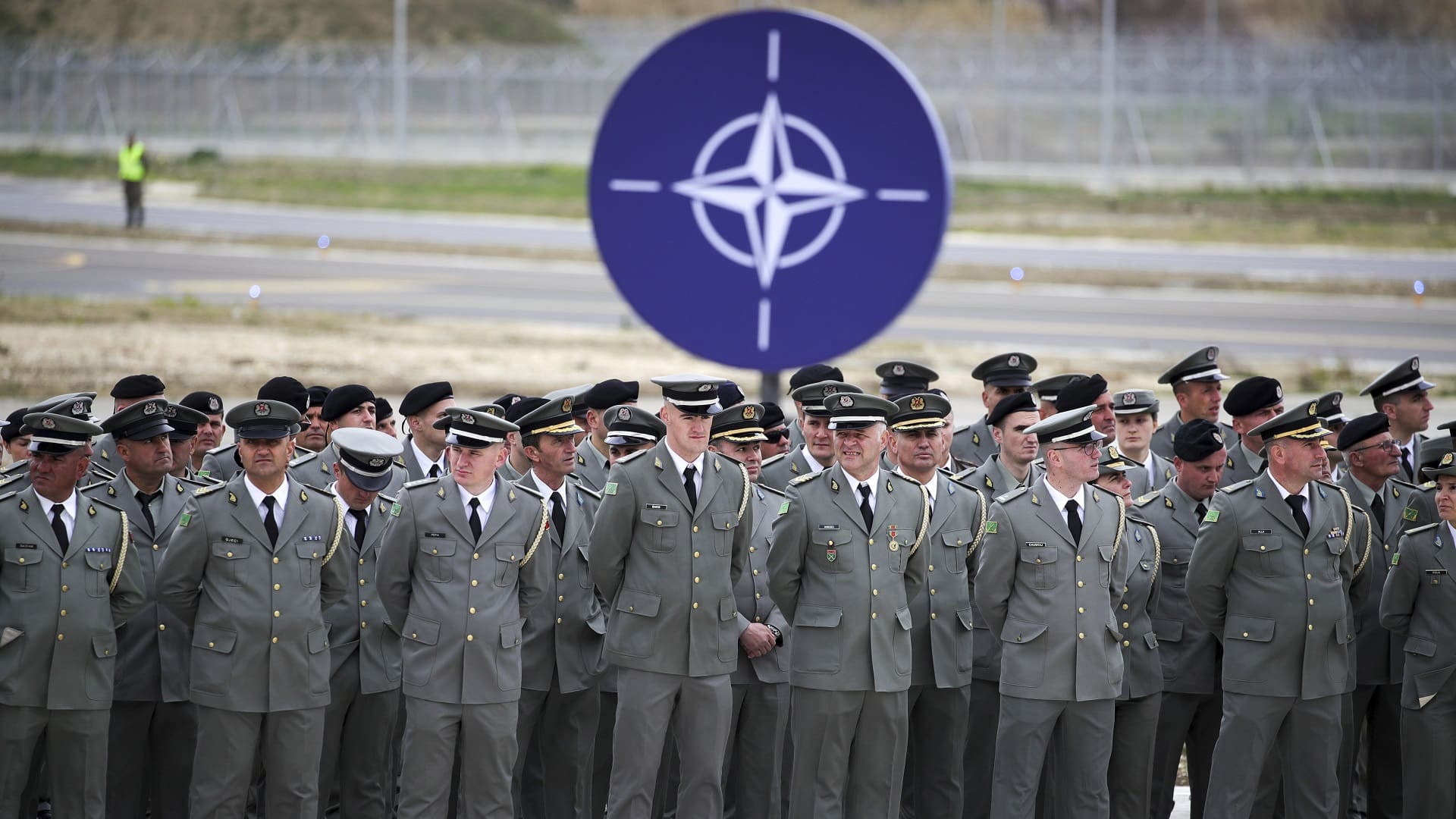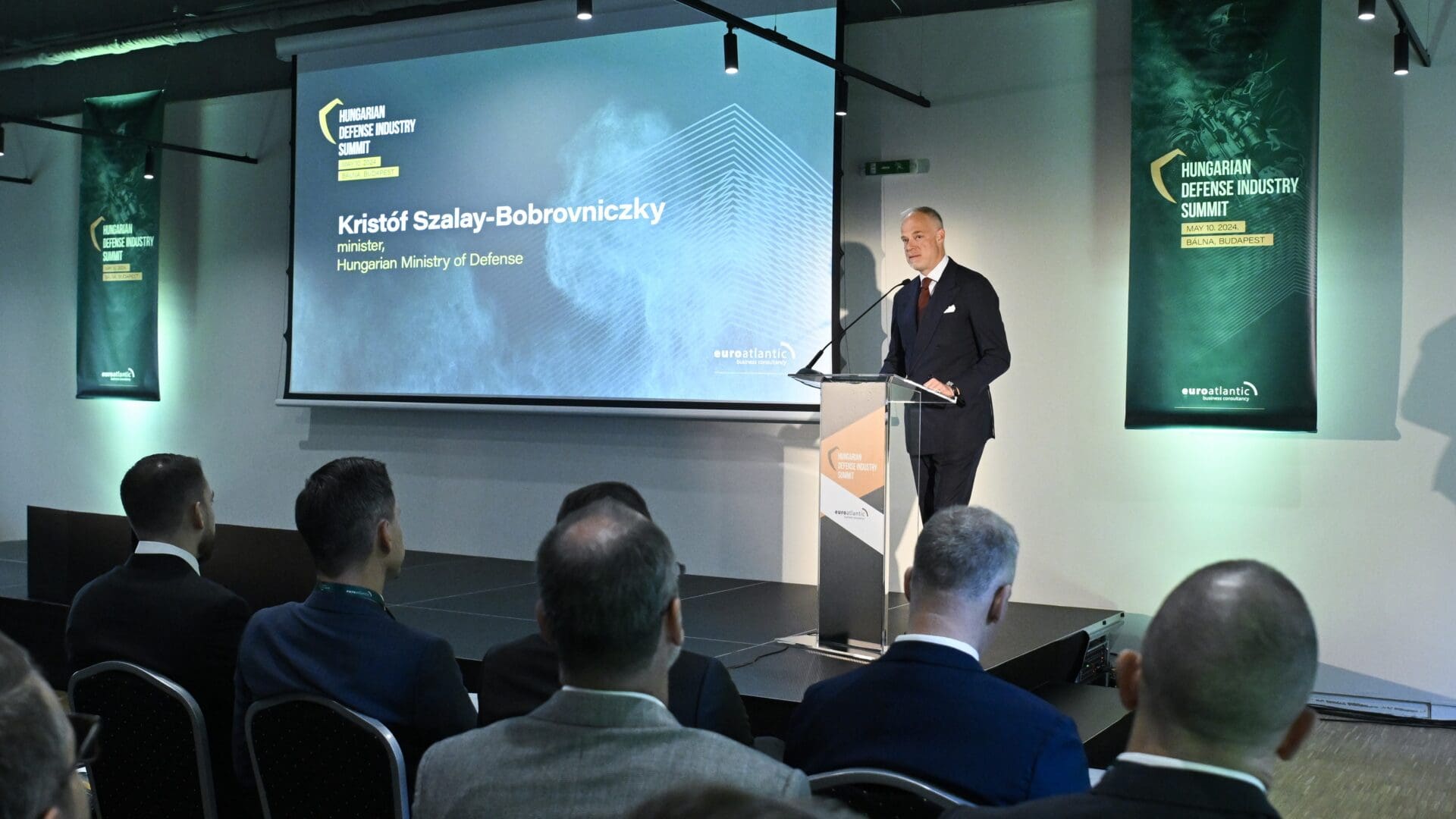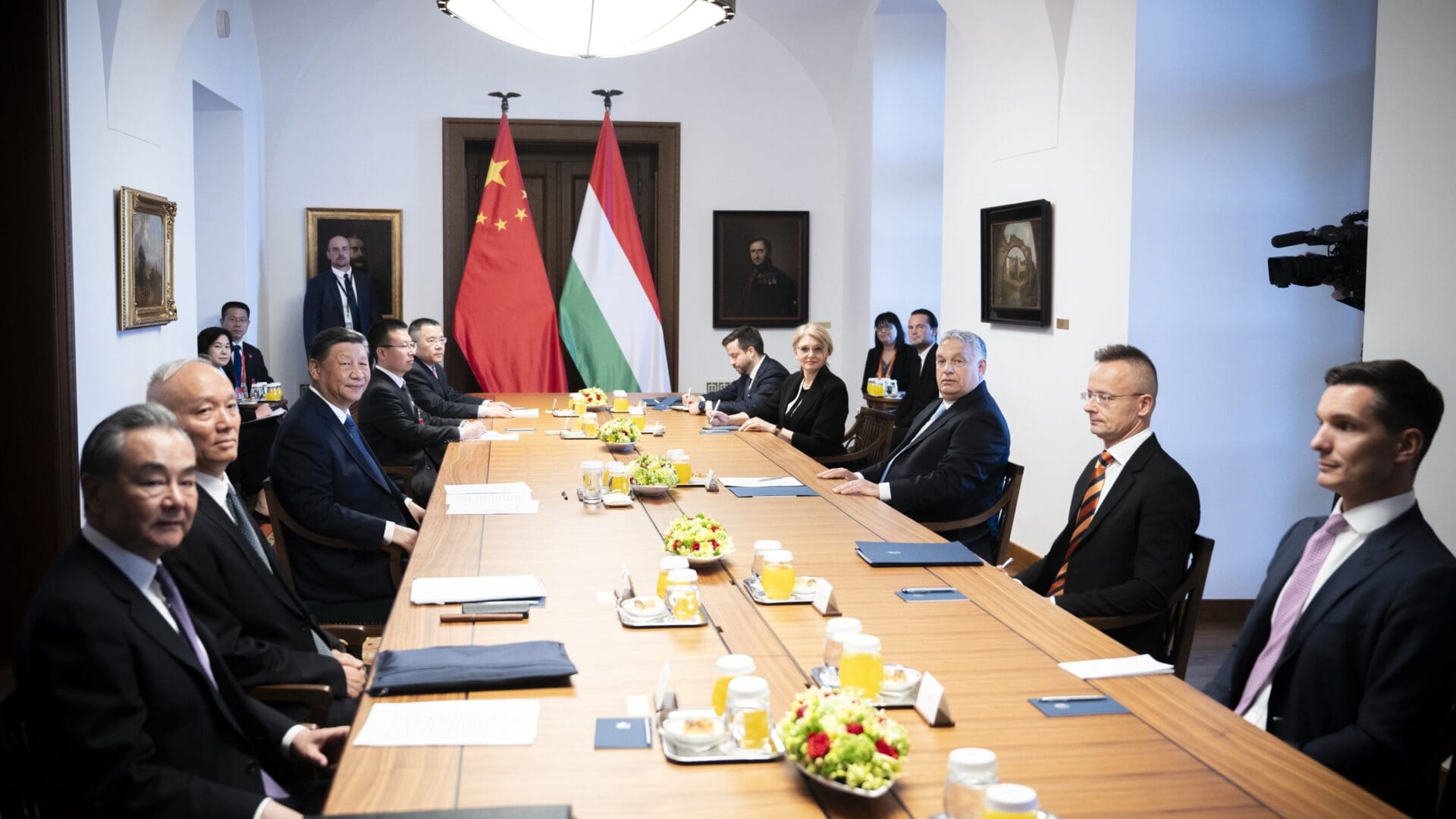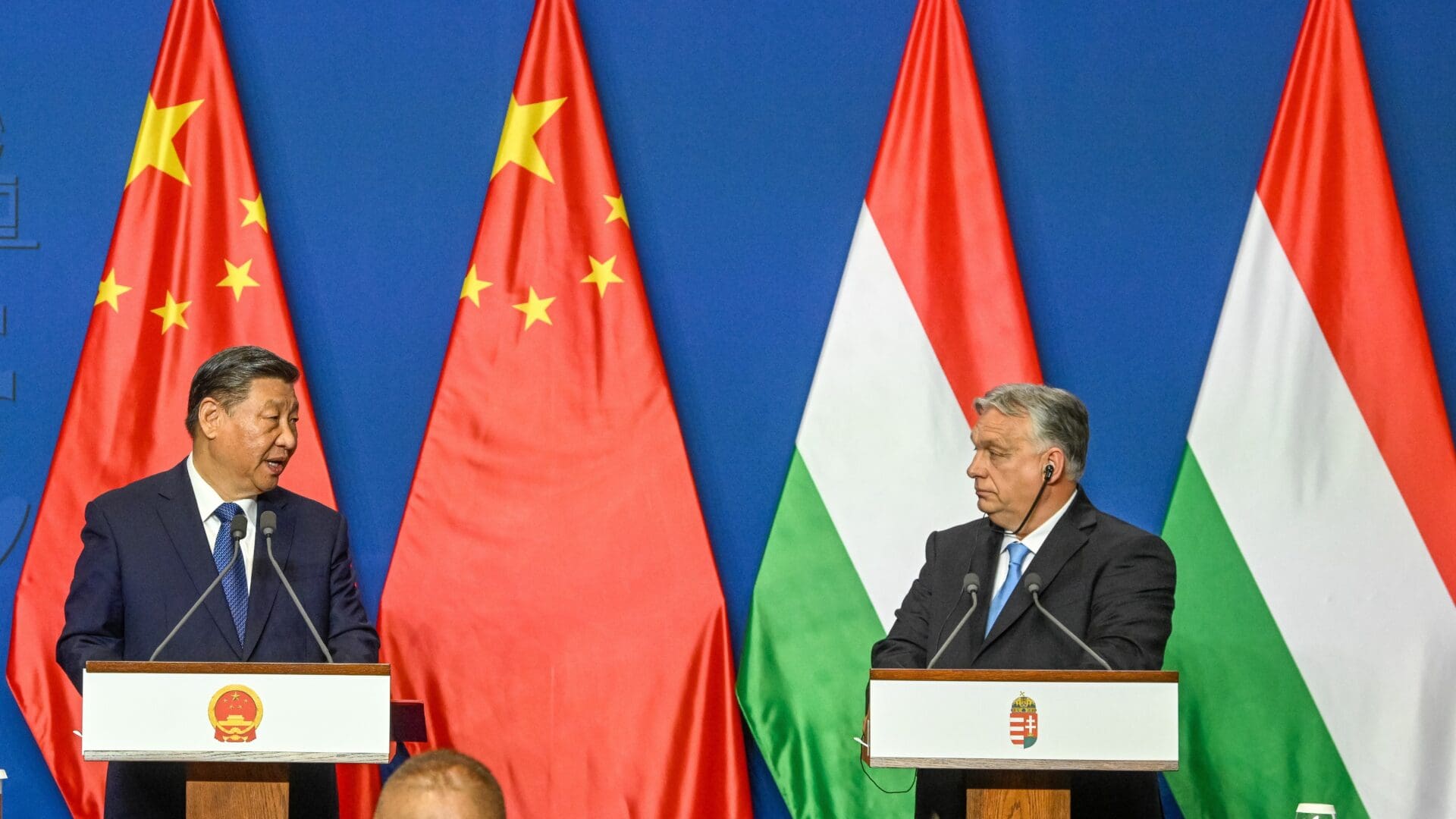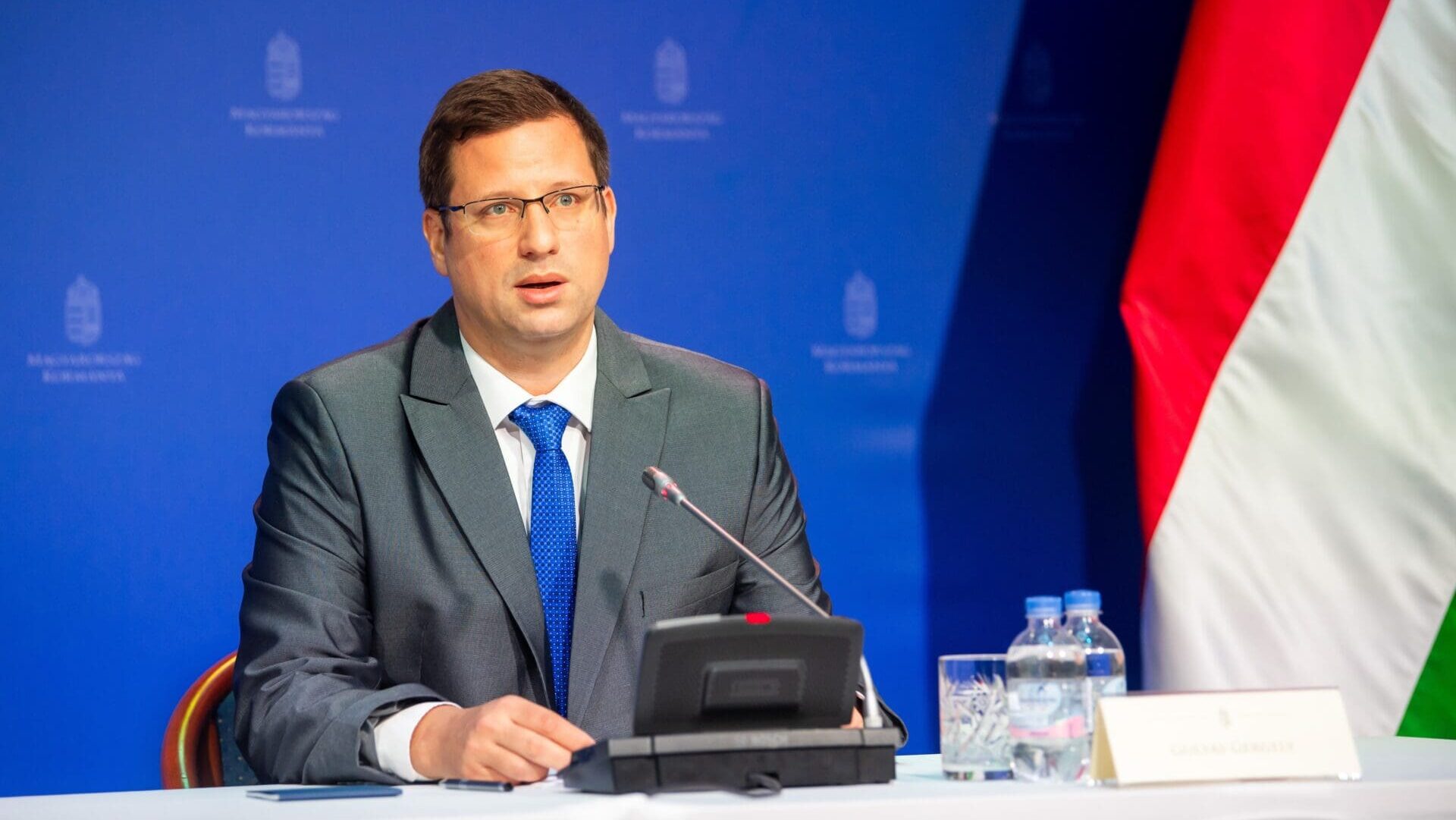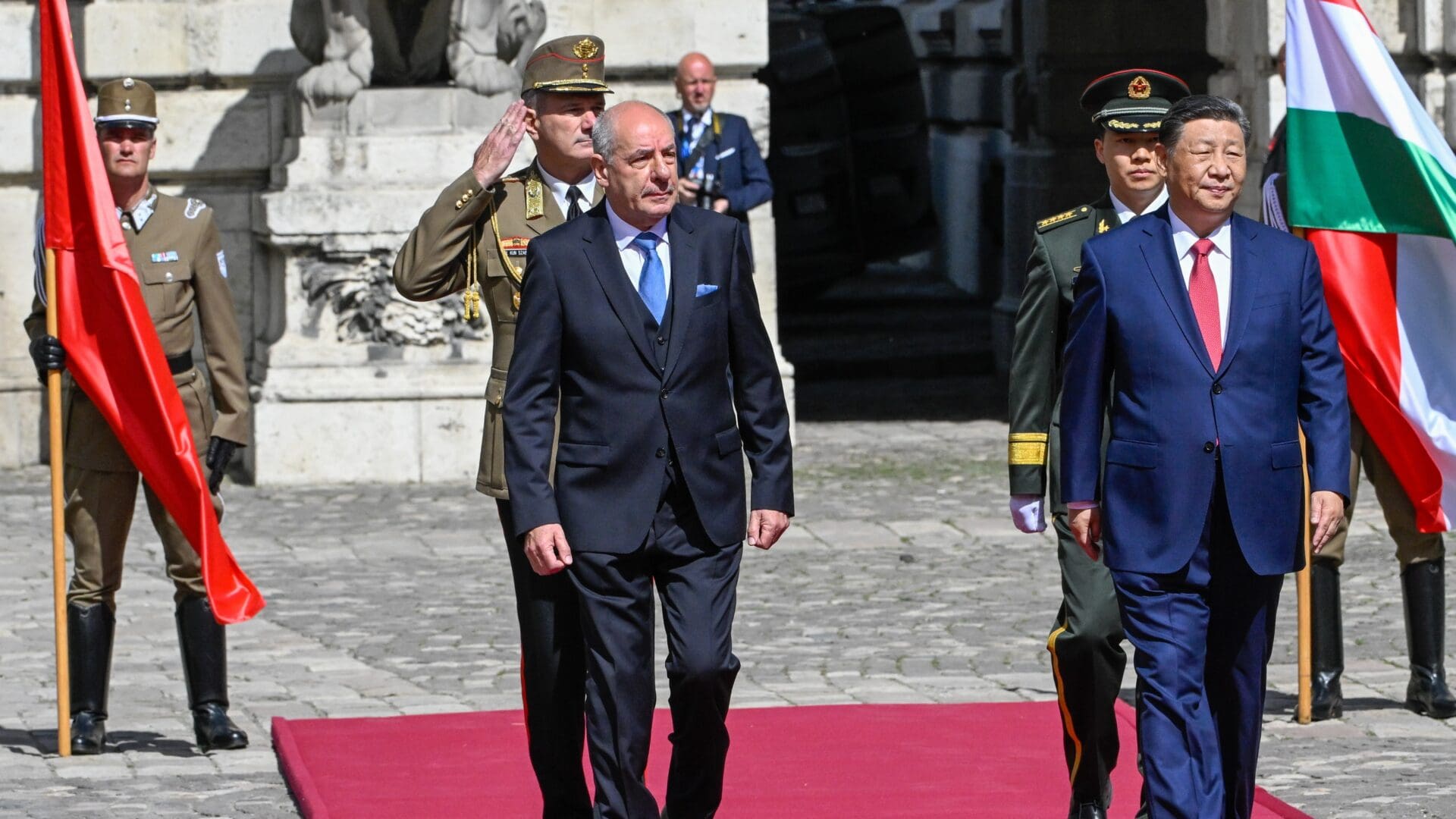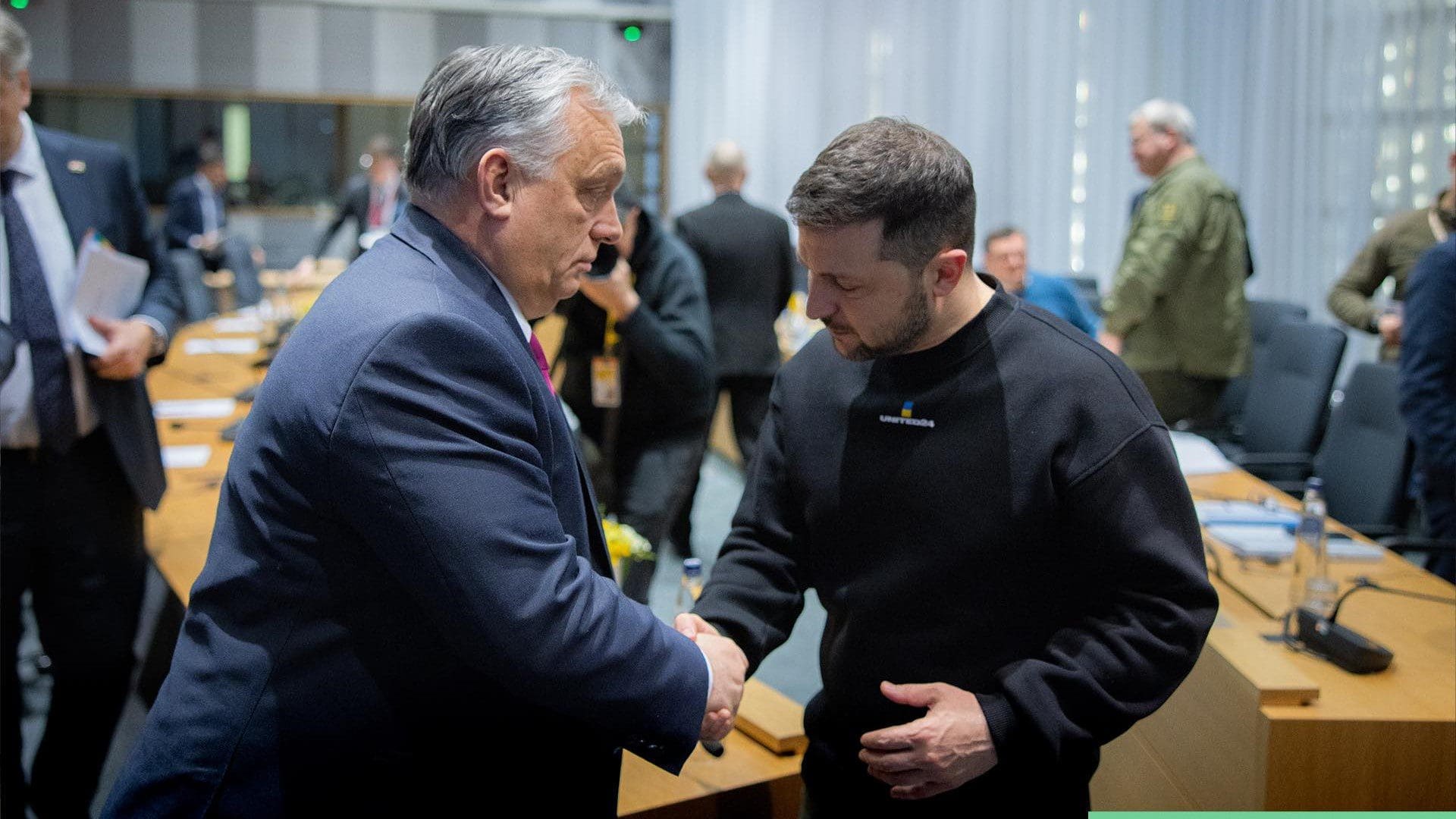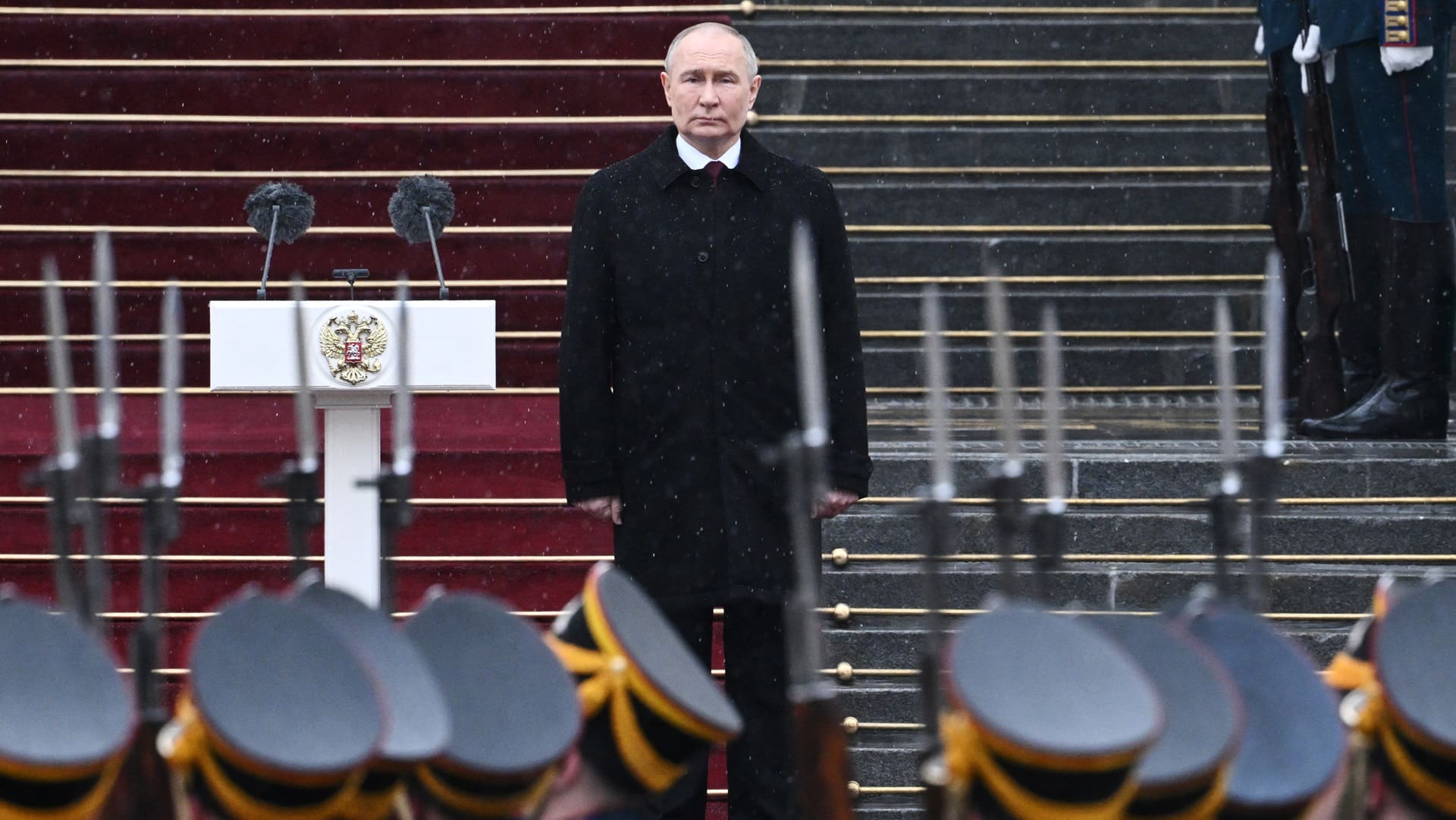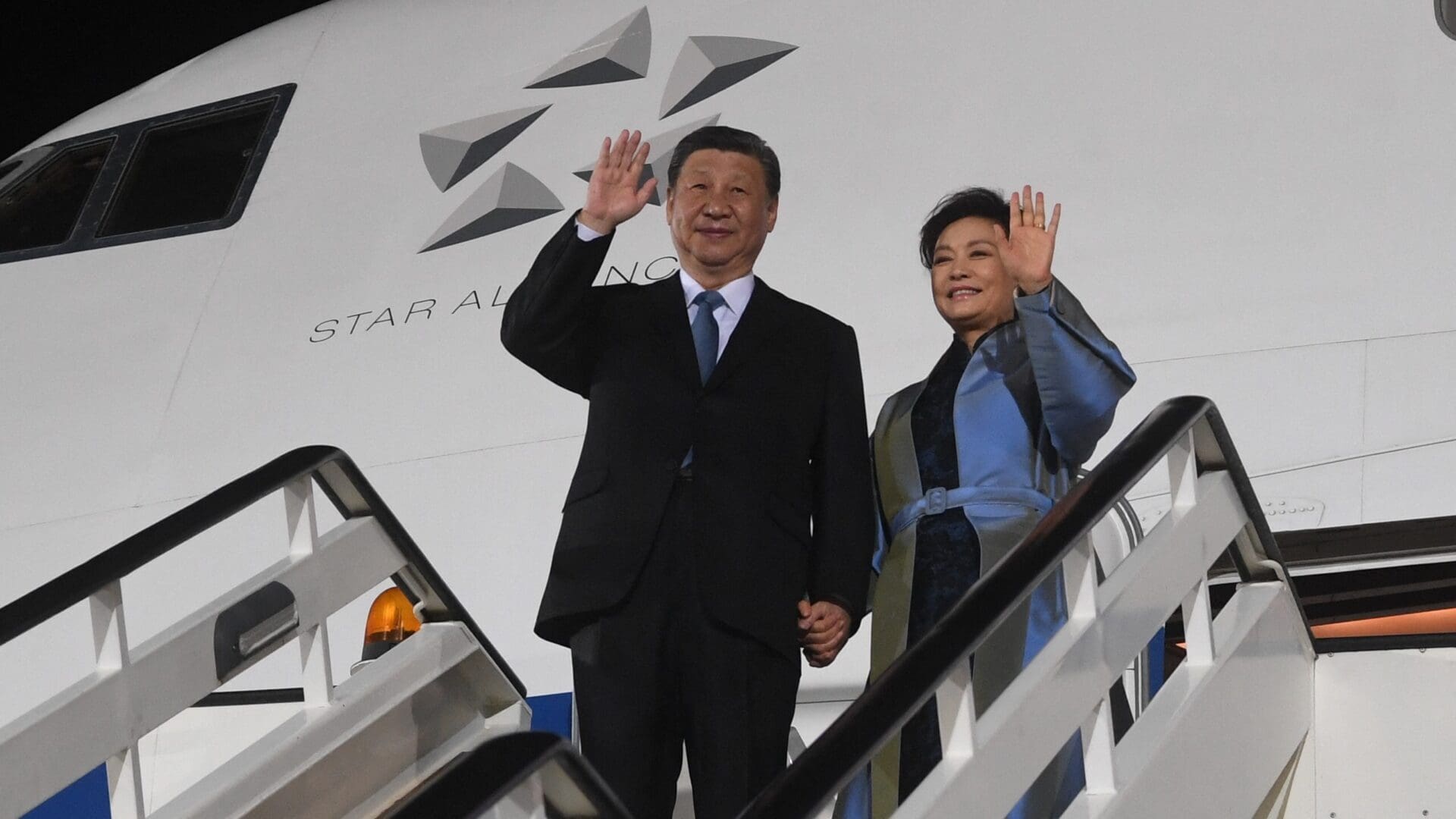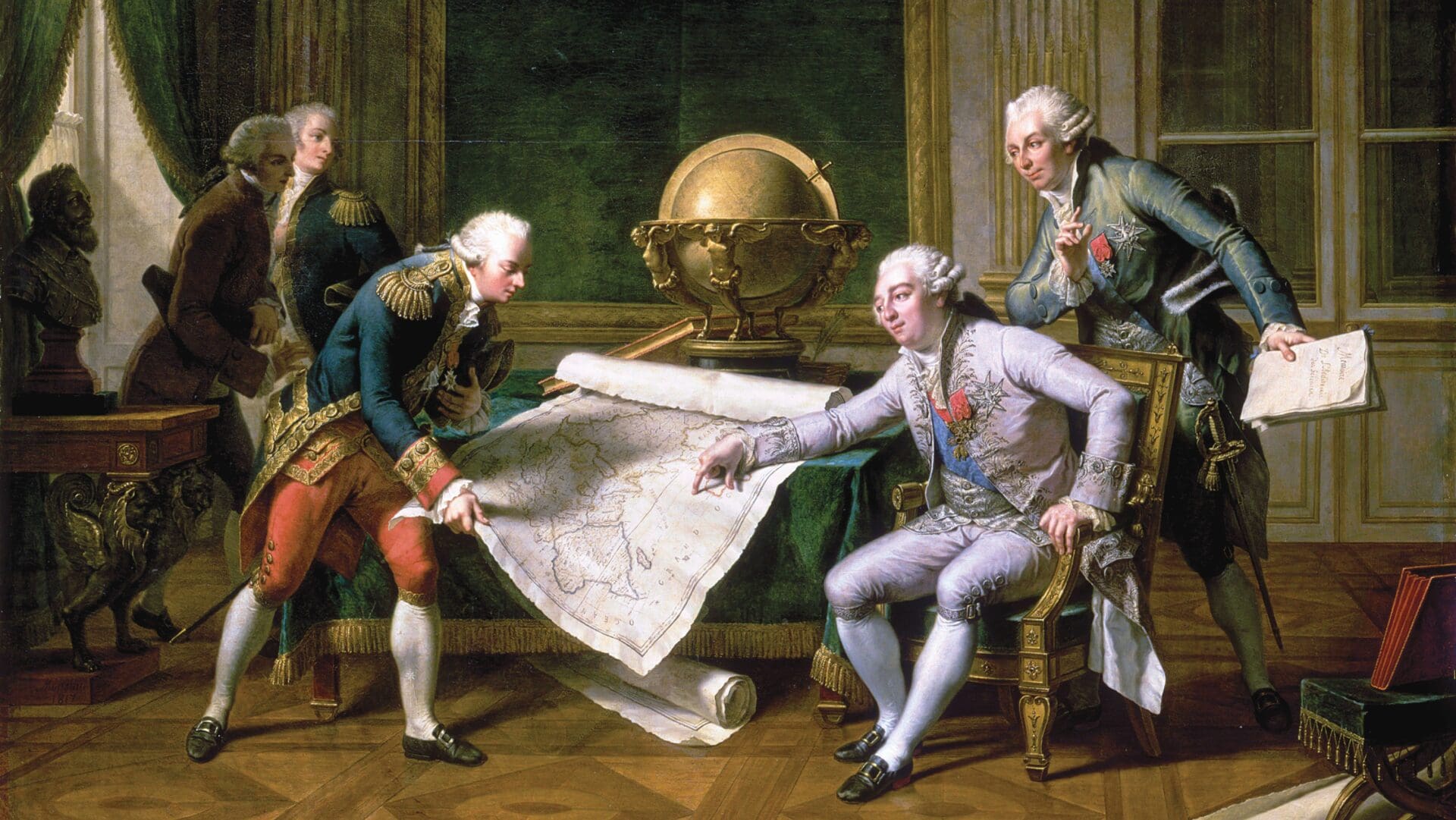
The Return of Grand Strategy in the Indo-Pacific: The Fall-Out from the Russia–Ukraine War
‘The Russia-Ukraine War clearly intimates an emerging multipolar order. States, and not just those in the Indo-Pacific, look around the world and discern that they have options…We are truly in a New World Order. Just not the one that its “end of history” architects originally envisaged.’

